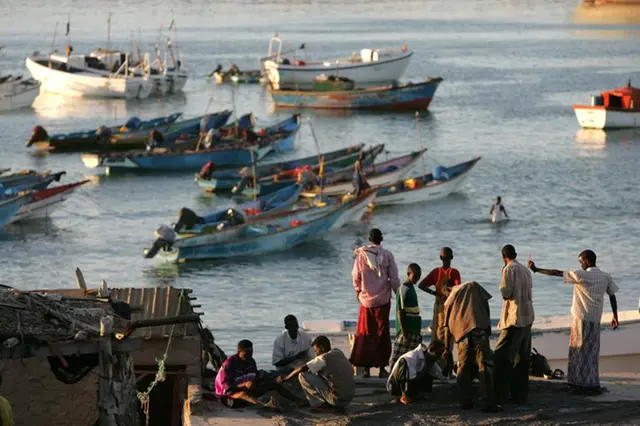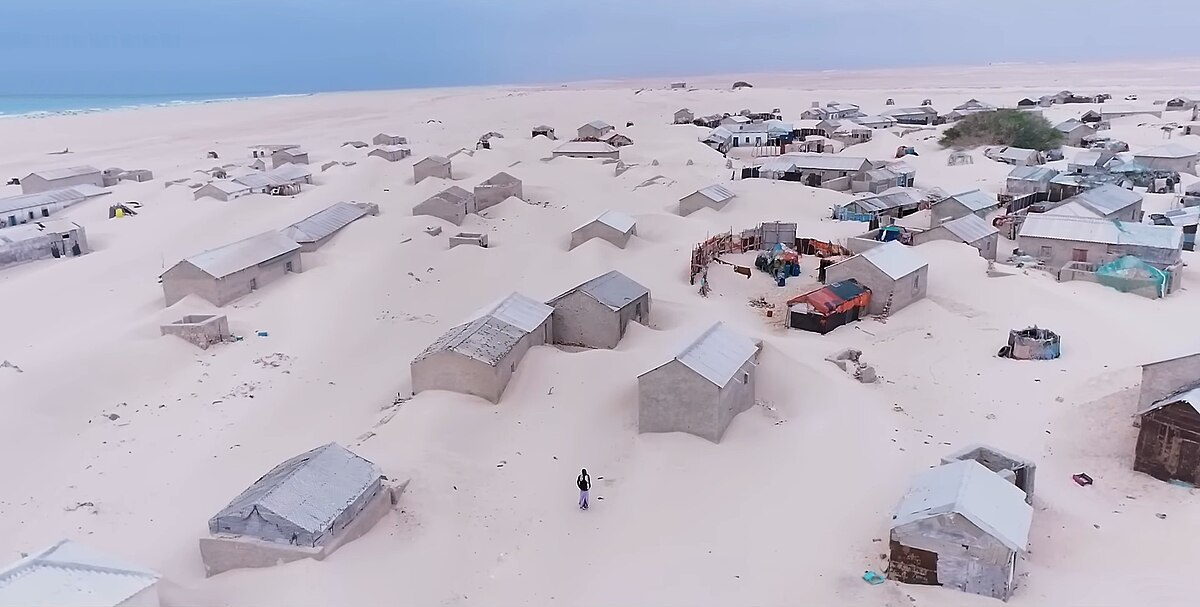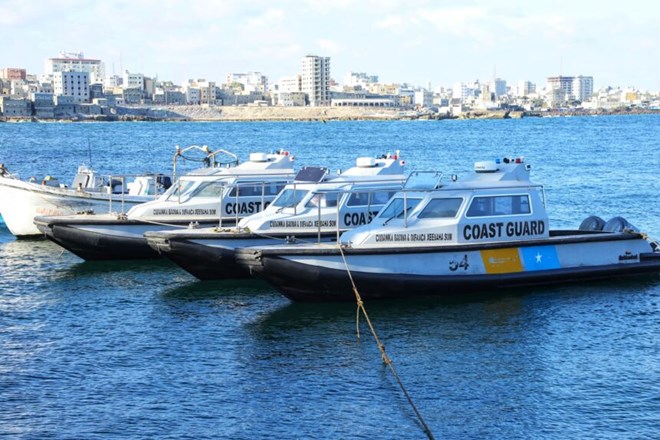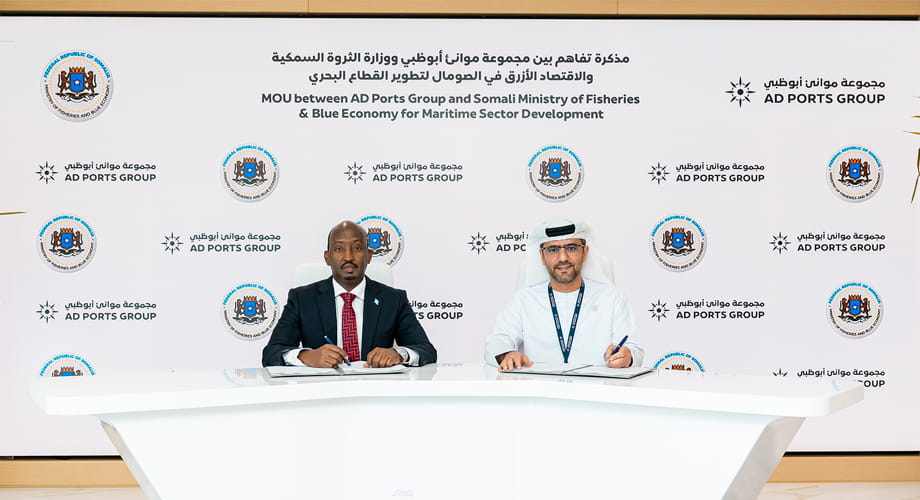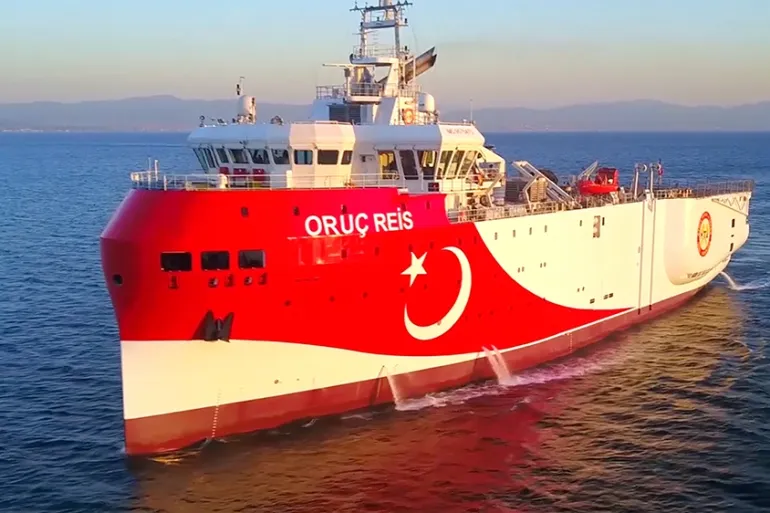Muqdisho – In a landmark move to regulate its fishing industry, the Federal Republic of Somalia has unveiled comprehensive new guidelines for fishing licences and vessel registration. The government’s efforts aim to strengthen regulatory measures, reduce illegal, unreported, and unregulated (IUU) fishing activities, and promote sustainable fishing practices, ensuring the preservation of the country’s marine resources.
Streamlining the Licensing Process
The Ministry of Fisheries and Blue Economy has introduced Standard Operating Procedures (SOPs) for the licensing of tuna fishing vessels within Somalia’s Exclusive Economic Zone (EEZ). These procedures are designed to bring transparency, accountability, and efficiency to the licensing process, a critical step in tackling illegal fishing activities that have long plagued Somalia’s vast coastline.
Furthermore, the ministry has released guidelines for local fishing entities, allowing them to register and obtain licences more effectively. This move is expected to encourage responsible fishing practices, support local economic development, and create a more transparent regulatory environment.
Addressing Illegal, Unreported, and Unregulated (IUU) Fishing
For years, Somalia has faced challenges in managing IUU fishing, with unregulated fishing activities becoming prevalent due to a lack of standardised licensing procedures. The problem has been exacerbated by inconsistencies between different federal states issuing separate fishing permits, which has created loopholes for illegal operators.

To address this, Somalia’s Ministry of Fisheries and Marine Resources (MFMR) is introducing a new draft law that aims to:
- Eliminate Licensing Disparities: The law seeks to standardise the licensing system across all federal states, ensuring a unified approach to issuing fishing permits and reducing opportunities for illegal operators to exploit inconsistencies.
- Strengthen Regulatory Frameworks: By incorporating federal and state agencies’ roles, the new legislation aims to improve compliance and enhance the government’s ability to manage fisheries effectively.
Improving Data Collection and Fisher Identification
One of the critical challenges in Somalia’s fishing industry has been the lack of accurate data, particularly for small-scale fishermen. In collaboration with international organisations such as the Food and Agriculture Organization (FAO) and the European Union, Somalia has initiated a biometric registration system. This initiative has already registered over 3,108 fishermen in Puntland, capturing crucial information like photographs and fingerprints.
This system aims to provide a detailed database of fishermen, enabling the government to monitor activities more effectively and prevent illegal fishing operations.
Combating Corruption and Ensuring Transparency
The introduction of the new guidelines and laws is also part of Somalia’s efforts to combat corruption within the fishing industry. A recent report by the Global Initiative against Transnational Crime revealed that illegal fishing operations in Somalia were often facilitated by local agents working with government officials, who provided fraudulent documentation, fishing licences, and other services to illegal operators.
The government’s draft law aims to address these corrupt practices by strengthening the oversight of the licensing process, ensuring that all permits are issued in a transparent and standardised manner.
Looking Forward
Somalia’s new fishing guidelines and vessel registration procedures represent a significant step forward in regulating the fishing industry and reducing illegal activities. By implementing these measures, the government is not only protecting its marine resources but also working towards building a more sustainable and prosperous future for Somalia’s fishing communities.
The success of these initiatives will depend on continued collaboration between federal and state governments, international partners, and local fishing communities. With this renewed commitment, Somalia is poised to strengthen its position in the global fishing industry while preserving its marine heritage for future generations.
For further details on the new guidelines and licensing procedures, interested parties can refer to the Ministry of Fisheries and Blue Economy’s official website

